David Ayer’s Street Kings (2008) is a blistering descent into the moral wasteland of law enforcement, where justice is just a word and survival is the real game. At its heart is Tom Ludlow — a vice cop marinated in loss, haunted by ghosts, and drowning in booze. He’s not just part of the system; he’s its bruised and bloodied face. But when a former brother-in-arms is murdered in cold blood, Ludlow’s thirst for revenge becomes a grim pilgrimage — one that leads him, kicking and screaming, toward an unforgiving truth.
Spoilers Ahead
Street Kings (2008) Plot Summary & Movie Synopsis:
Why Does Ludlow Stage the Korean Gangster Shootout?
Detective Tom Ludlow is introduced as a vigilante cop operating under the protective wing of Captain Jack Wander. In his first major scene, Ludlow storms into a Korean gang’s hideout under the pretense of rescuing two kidnapped girls. But this isn’t a clean operation; it’s a performance. He lets himself get beaten, tracks the gang to their safehouse using a hidden GPS, and massacres them.
He then manipulates the crime scene to appear justified. This scene sets the tone, not of justice, but of how justice is manufactured. Ludlow’s brand of policing isn’t about saving lives; it’s about optics and power. The girls survive, yes, but the real story is buried beneath the blood and falsified reports. And it works – his colleagues praise him. But not everyone’s clapping.
Why Does Ludlow Turn Against His Own?
Enter Terrence Washington, Ludlow’s former partner. Washington has started reporting their unit’s shady dealings to Captain Biggs of Internal Affairs. Ludlow sees this as betrayal. When Washington dies in what appears to be a convenience store robbery, Ludlow is caught on surveillance footage inadvertently firing at him during a chaotic shootout. The footage is damning.
Though Ludlow didn’t murder Washington intentionally, it looks bad. Wander swoops in with a cover-up, telling Ludlow to destroy the tape and claim he arrived late. The department quickly brands Washington a dirty cop, involved with drug-dealing gangsters, Fremont, and Coates. Ludlow knows that’s not true. Washington may have turned him in, but he wasn’t crooked. Guilt begins to gnaw at him.
How Do Ludlow and Diskant Uncover the Deeper Plot?
Haunted by the events, Ludlow joins forces with Detective Paul Diskant, who worked on the forensic side of Washington’s case. Their search leads them to a shallow grave, where they find the honest Fremont and Coates, dead long before Washington’s murder. This single discovery unravels the narrative that the department fed the public.
Posing as corrupt officers willing to sell evidence, Ludlow and Diskant arrange a meeting with the impostors who murdered Washington. Diskant realizes they’re being played, but is shot before he can react. Bleeding out, he watches Ludlow avenge him. But what Ludlow doesn’t realize is that he’s just killed undercover deputies from the Los Angeles County Sheriff’s Department.
Who Was Washington Really Working For?
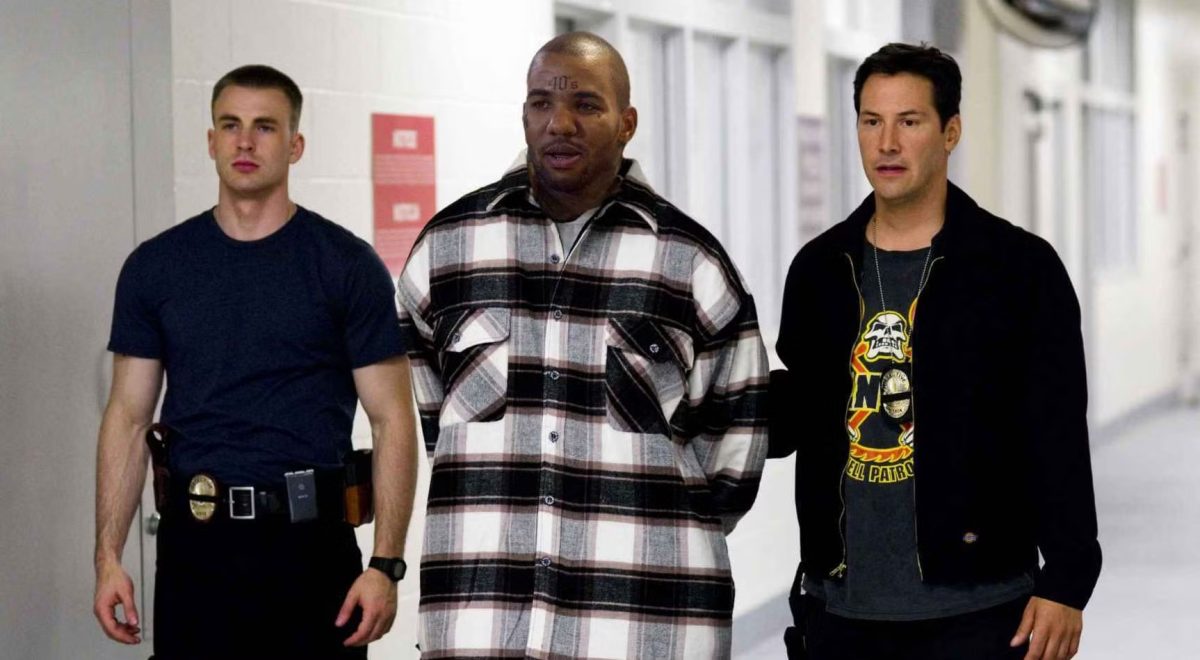
At first, Detective Washington appears to be a traitor. He reports on Ludlow, secretly meets with Internal Affairs (IA), and seems distant from his fellow officers. But his actions make sense only when Ludlow uncovers the whole picture – Washington isn’t corrupt; he’s undercover. Washington works with IA investigator James Biggs. Their target isn’t Ludlow—it’s Captain Wander. Washington plays the long game, gathering evidence quietly. He knows that if he acts too soon or too loudly, he’ll be silenced.
That’s why he tolerates being seen as a snitch. It’s the price of real change. He sees Ludlow as a loyal but blind enforcer of the system. If Ludlow catches on too soon, the entire operation risks exposure. Washington’s coldness is strategic, not personal. He’s protecting something bigger than friendship. When Washington is killed, it seems like a gang hit.
But Ludlow later learns the truth: the killers were pawns used by corrupt officers like Santos and Demille. Washington dies because he gets too close to the truth. Washington works for justice – from the inside out. In a world where most protect the system, he risks everything to challenge it. His death isn’t just a tragedy; it’s the catalyst that finally opens Ludlow’s eyes.
Is Ludlow A Hero or Just A Weapon of A Corrupt System?
Tom Ludlow is a complex figure – part antihero, part instrument of a profoundly broken institution. His journey in “Street Kings” is driven not by duty, but by personal loss, guilt, and an evolving need for redemption. Once a willing enforcer of a corrupt system, Ludlow begins to see that the violence he used to justify as justice only serves to protect those in power. He isn’t motivated by the law – he’s motivated by pain.
The death of his wife and the betrayal of his fellow officers have hollowed him out. But when he sees the consequences of the system’s rot, primarily through the eyes of Washington’s widow, he begins to understand that redemption can’t be achieved by pulling the trigger. It requires truth, even when it’s ugly.
Yet, the question lingers: can real justice emerge from a structure built on lies?
Captain Wander’s downfall is a personal victory for Ludlow, but it doesn’t necessarily mean the system has healed. Vengeance may have fueled his journey, but it risks continuing the same cycle of violence and corruption. In the end, Ludlow isn’t a clear-cut hero. He’s a man trying to claw his way back to something like morality, knowing full well he might not get there. That gray space, between justice and revenge, truth and survival, is where his story lives.
Street Kings (2008) Movie Ending Explained:
Does Detective Tom Ludlow Redeem Himself?
The final act begins with Ludlow eliminating Santos and Demille after they attempt to kill him. He then prevents Sergeant Mike Clady from murdering Washington’s widow, symbolizing a shift; Ludlow is no longer protecting his own but defending the innocent. Armed with truth and rage, he storms into Wander’s house. What follows isn’t just a shootout—it’s a reckoning. Wander tries to bribe him with money and documents that could secure political power. He even pleads with Ludlow, claiming to be a friend.
But Ludlow’s eyes have cleared. No more blurred lines. No more loyalty to shadows. He shoots Wander dead. Captain Biggs arrives just after, revealing that the department used Ludlow as bait to expose Wander’s corruption. Biggs offers him a new cover story and hints that the department still needs him. It’s a chilling reminder that while individuals fall, systems endure. As Ludlow leaves, there’s no triumphant music. No applause. Just silence. But in that silence lies a quiet evolution. He may never wash off the blood, but he’s no longer soaking in it.


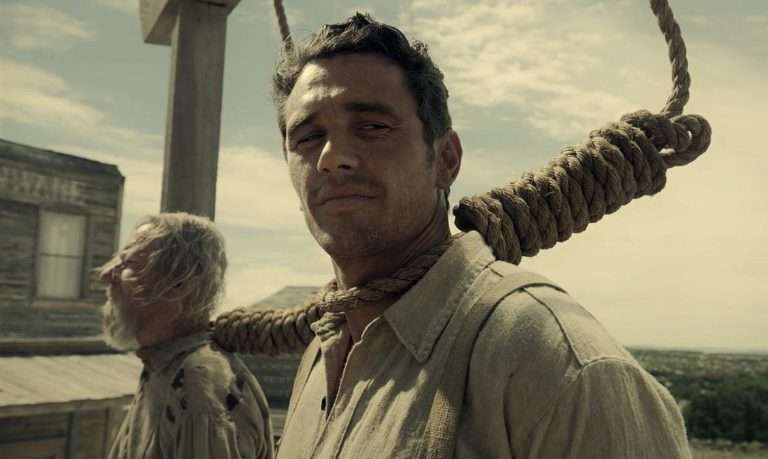
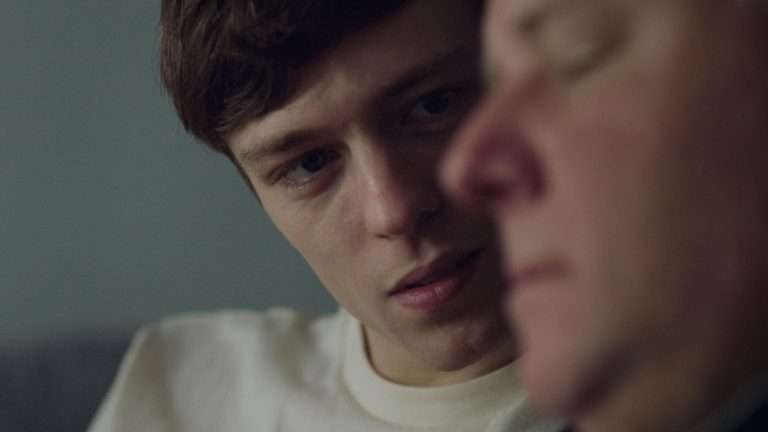
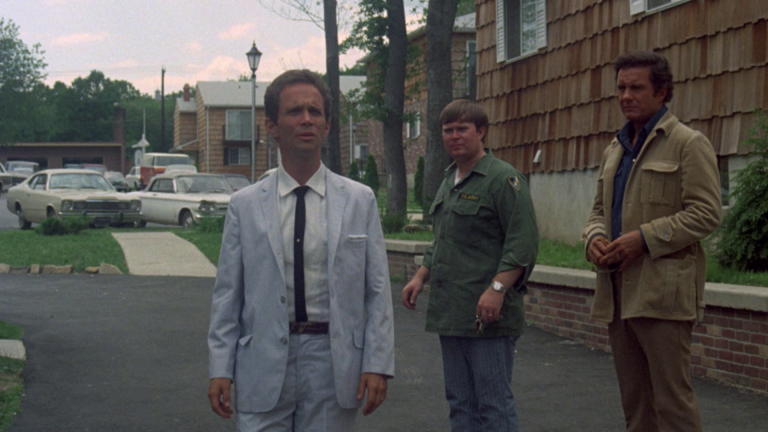
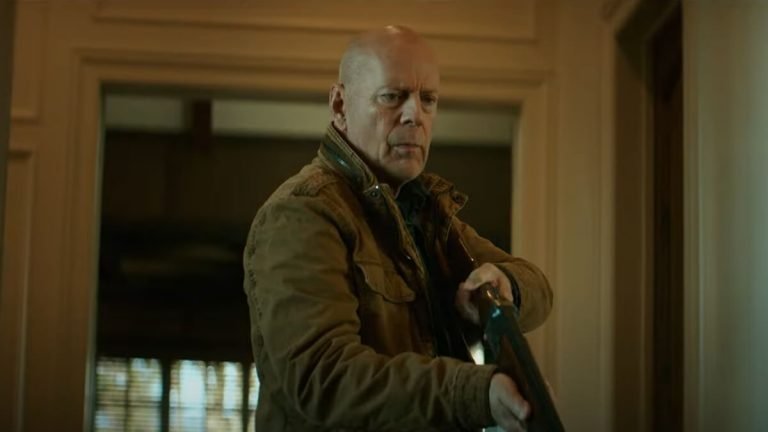
![Darlings [2022] Review – A dark comedy about a woman finding her own agency](https://79468c92.delivery.rocketcdn.me/wp-content/uploads/2022/08/Darlings-2022-Movie-Review-1-768x432.webp)